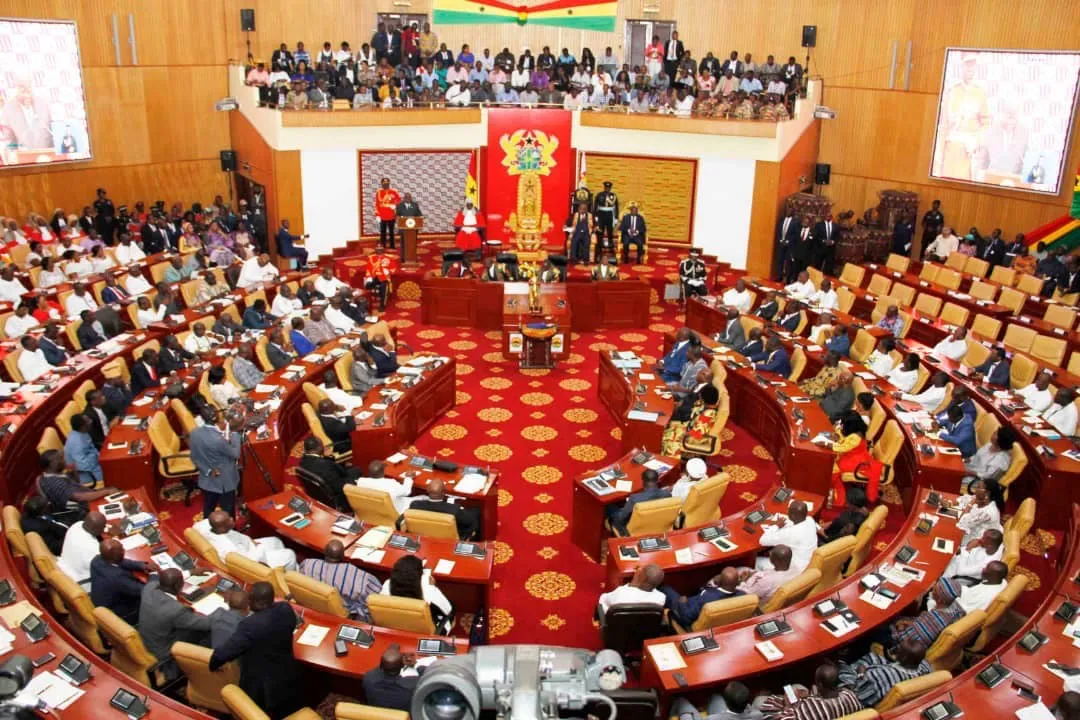The Auditor-General has revealed serious misstatements in Ghana’s 2024 Whole-of-Government Accounts (WGA), including an overstatement of the country’s public debt by GH¢138.91 billion.
The findings, captured in the Report of the Auditor-General on the Public Accounts of Ghana for the Year Ended 31 December 2024, followed an independent audit of the consolidated financial statements prepared by the Controller and Accountant-General’s Department (CAGD) in accordance with the Public Financial Management Act, 2016 (Act 921).
According to the report, the debt figure presented in the WGA was significantly inflated. The Auditor-General recommended that the CAGD work closely with the Ministry of Finance to reconcile and correct both the overstatements and omissions to ensure fiscal accuracy.
The audit also revealed that GH¢74.24 billion recorded as provisions for investments should have been classified as impairment losses under International Public Sector Accounting Standard (IPSAS) 41. The report stressed the need for stronger quality assurance processes during consolidation to prevent such errors in future.
In addition, the Auditor-General observed that receivables for assessed but uncollected income tax and Value Added Tax (VAT) were not recognised in the accounts as required by IPSAS 23. It urged better coordination between the CAGD, the Ghana Revenue Authority, and the Ministry of Finance to align revenue recognition with the accrual accounting framework.
The report further highlighted that the CAGD had failed to conduct impairment tests on non-financial assets as mandated under IPSAS 21 and 26. It called for the establishment of a formal process for regular asset assessments to safeguard public resources.
Another major red flag was inconsistencies in Inter-Company Account balances, which stood at GH¢7.99 billion at the beginning of 2024 and GH¢8.55 billion at year-end — figures that should have been reconciled to zero after consolidation. The Auditor-General urged immediate investigations to rectify these discrepancies.
The audit also found that some government entities had failed to fully process their transactions through the Ghana Integrated Financial Management Information System (GIFMIS). The report recommended strict enforcement of the PFM Act, supported by staff training, system upgrades, and sanctions for non-compliance.
On public investments, the Auditor-General observed that disinvestments amounting to GH¢10.30 billion and new investments worth GH¢19.25 billion were made without sufficient narrative or explanatory notes, depriving the public of vital information on rationale, risks, and expected returns.
The Auditor-General concluded that while the audit’s purpose was to form an opinion on the government’s financial statements, the irregularities uncovered point to serious gaps in fiscal transparency, accountability, and financial management practices that require urgent attention.














